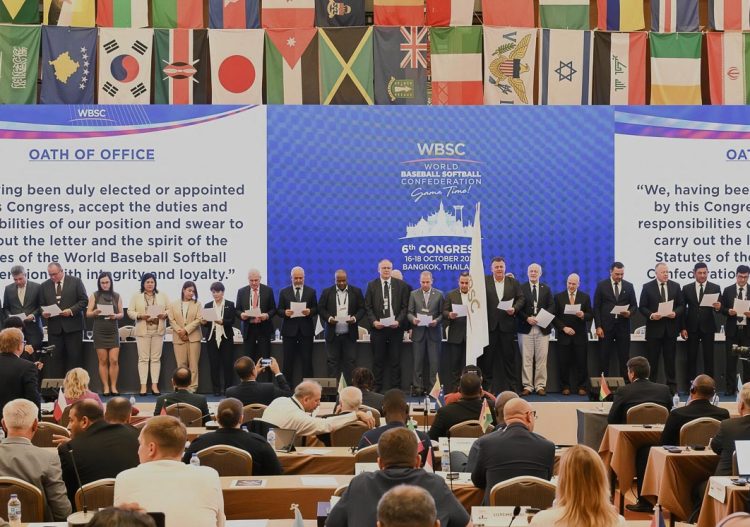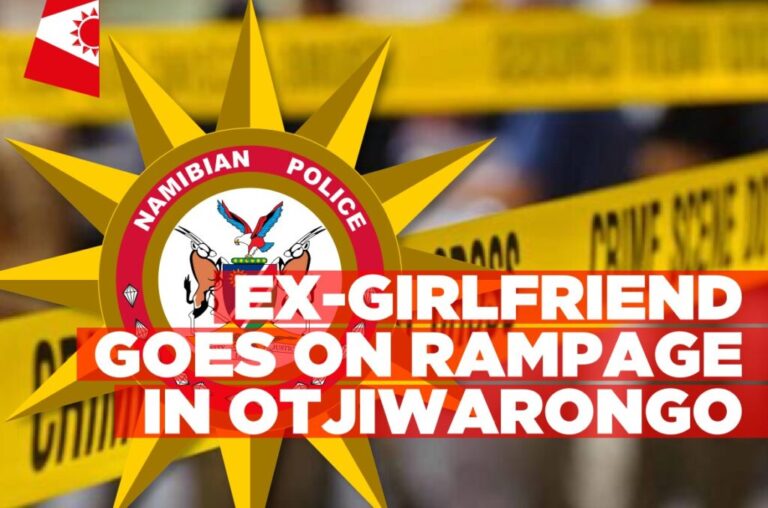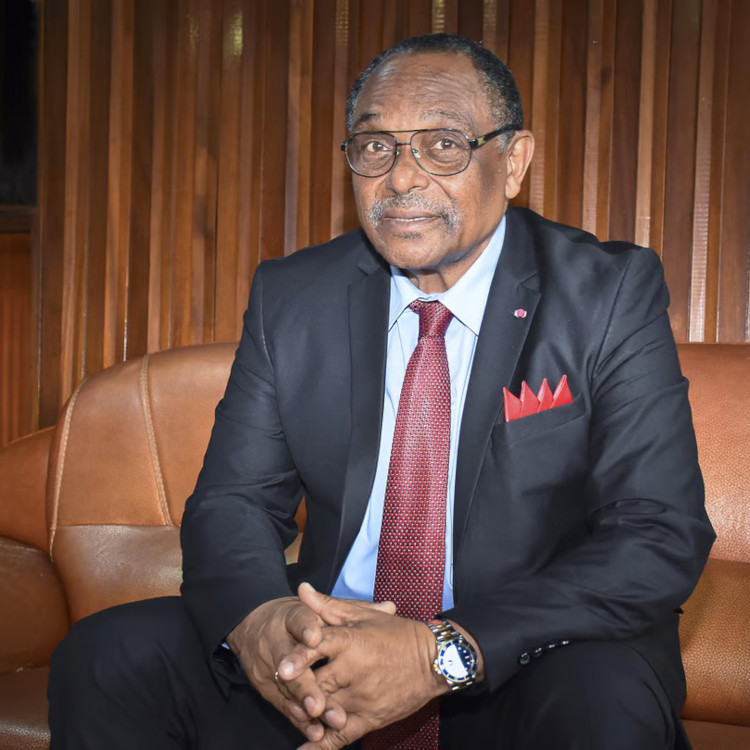
Summary:
- The Liberian government has pledged to submit a revised bill to abolish the death penalty, as advocates and diplomats renew pressure to end the practice.
- Liberia is one of 25 countries that retains the death penalty.
- Senior diplomats from Sweden, Britain, and France warned that capital punishment violates human rights and urged Liberia to align its laws with global norms.
By Anthony Stephens, senior justice correspondent with New Narratives
The Liberian government has responded to a renewed push by civil society pledging to submit a revised bill to the Legislature that would end the practice in the country.
The five-month, $US84,000 initiative — funded by the British Embassy in Liberia — marks the second phase of a civil society–led project that first began in 2024. It comes amid growing international pressure on Liberia to bring its laws in line with global human rights standards.
Capital punishment, also known as the death penalty, is a form of criminal punishment in which a defendant’s life is taken by the state as a penalty for a crime. Liberia is one of 25 countries that retain the death penalty on paper though it has not executed anyone since 2000.
About 14 people remain on death row in Liberia for crimes such as armed robbery, hijacking, and terrorism, a situation that the Civil Society Human Rights Advocacy Platform, which is leading the campaign, says undermines the country’s human rights standing and violates its 2005 commitment to the International Covenant on Civil and Political Rights, which prohibits the practice. Three years after signing the Protocol, Liberia expanded the scope of the death penalty in 2008 amid criticism from rights advocates. As of 2021, 16 people had been put on death row, according to a 2022 report by Amnesty International.
“We are calling on the government of Liberia as a Non-Permanent member of the United Nations Security Council to abolish the death penalty and commune all persons on death row to life sentences,” said Adama Dempster, the Platform’s secretary general.
Human rights advocates have long denounced capital punishment as inhumane. Unlike neighboring Sierra Leone, which abolished the death penalty in 2021, Liberia has yet to pass a law fully ending it. Critics also said it conflicts with the Liberian Constitution, which guarantees the right to life and liberty.
The renewed campaign comes as Liberia moves toward establishing a War and Economic Crimes Court, which will prosecute atrocities committed during the country’s civil wars. Advocates say Liberia’s eliminattion of the death penalty would ensure that justice under the new war crimes court upholds international standards. At the relaunch, senior diplomats — including Karl Backéus, Sweden’s ambassador; Simon Tooth, the British chargé d’affaires; and Isabelle Le Guellec, France’s ambassador — strongly endorsed abolition.
“The death penalty is not an option for that important work that court will need to undertake,” said Backéus. “We know that the death penalty is not a deterrent in terms of crime. And if we want to build that society based on the noble principles, we need to continuously strive to improve on the way we do justice.”

European nations are united in their opposition to capital punishment. France, which abolished the death penalty in 1981, has been among its strongest global advocates. Ambassador Le Guellec reaffirmed that position at the event.
“The death penalty is not an instrument of criminal law,” she said. “It is a violation of human rights.”
This stands in sharp contrast with the United States which has resisted efforts to see it outlawed though it is banned in 27 states. It stands alone among the world’s leading democracies in retaining the practice.
This stands in sharp contrast with the United States which has resisted efforts to see it outlawed though it is banned in 27 states. It stands alone among the world’s leading democracies in retaining the practice. The number of people executed in President Donald Trump’s second term has hit a record 39 in 11 states. Florida has the highest number of executions with 14, followed by Texas with 5, and Mississippi and Arizona with 4 each.
Critics say Trump’s decision to lift the federal moratorium on executions has rolled back gains the United States had made in limiting the use of the death penalty.
In 2022, the Liberian Senate voted to amend the country’s penal code to remove the death penalty, but the House of Representatives has yet to concur. At Wednesday’s event, the government said it would resubmit a revised bill to the Cabinet and then to the Legislature.
Kutaka D. Togbah, director of the Human Rights Platform Division at Liberia’s Justice Ministry, speaking on behalf of Oswald Tweh, Liberia’s justice minister, said the ministry had worked with human rights groups to revalidate the bill.
“By codifying abolition, we reduce the risk of irreparable error and strengthens Liberia’s moral standing among nations,” he said.
The relaunch coincided with the 23rd International Day Against the Death Penalty and marked the beginning of the second phase of Liberia’s Abolition of the Death Penalty Project.
This story is a collaboration with New Narratives as part of the West Africa Justice Reporting Project. Funding was provided by the Swedish Embassy in Liberia which had no say in the story’s content.












